MNL48’s Recent Comeback Performance Draws Criticism for Chaotic Dance Routine
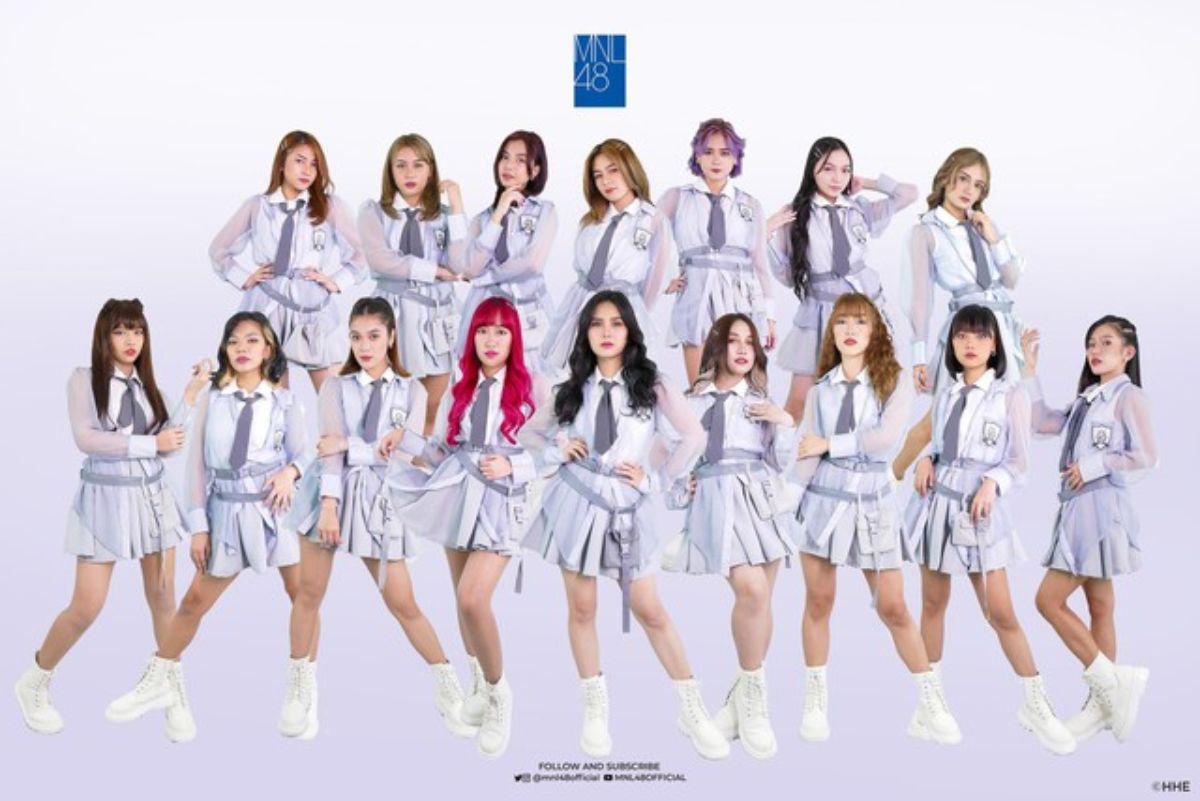
After nearly two years of hiatus, Filipino idol group MNL48 has been working to reignite their popularity, making appearances across various events and television shows. However, their recent live performance has drawn a wave of criticism online.
Disappointing Performance from MNL48
MNL48 performed “River,” a legendary hit originally by AKB48, at a local television station. Twelve members took the stage, but the choreography quickly became a point of controversy.
Viewers noted that while two or three front-line members delivered stable energy and precise movements, the rest of the group struggled. Many were seen dancing off-beat, and some younger members at the back even appeared to forget the choreography, glancing sideways to follow their teammates.
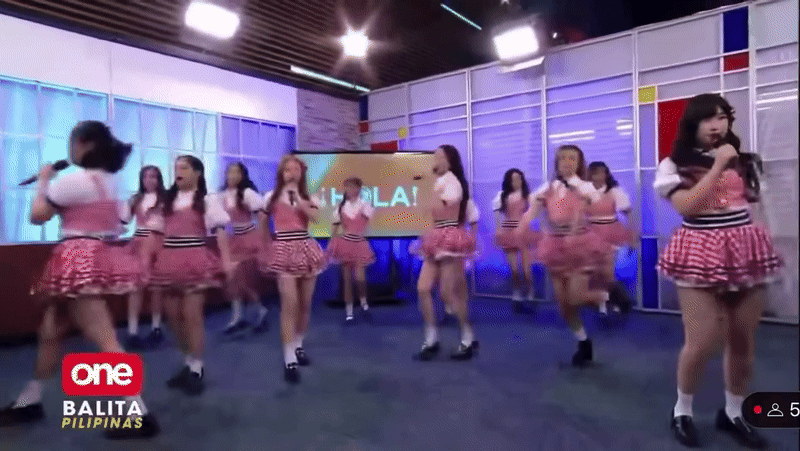
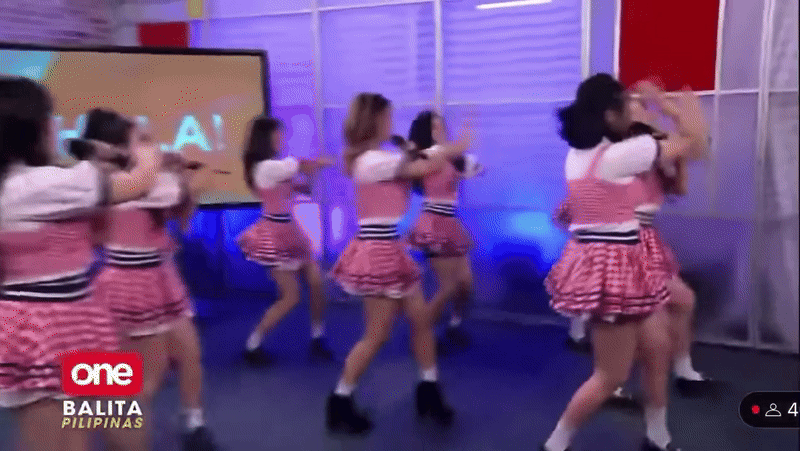
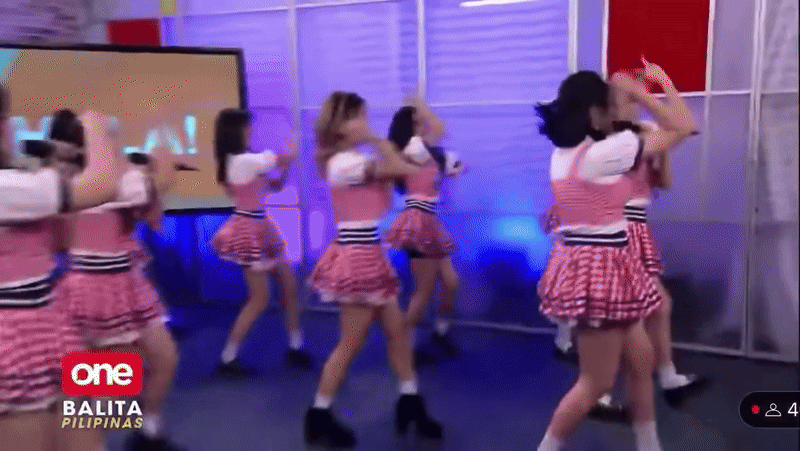
The overall performance was described as disjointed and under-rehearsed, disappointing many fans and viewers. On a more positive note, the group’s live vocals were praised. Despite the intense choreography, MNL48 managed to deliver clear, steady singing, showcasing the vocal talent that Filipino artists are often celebrated for. However, concerns were also raised about the tight and short costumes, which made viewers uncomfortable.
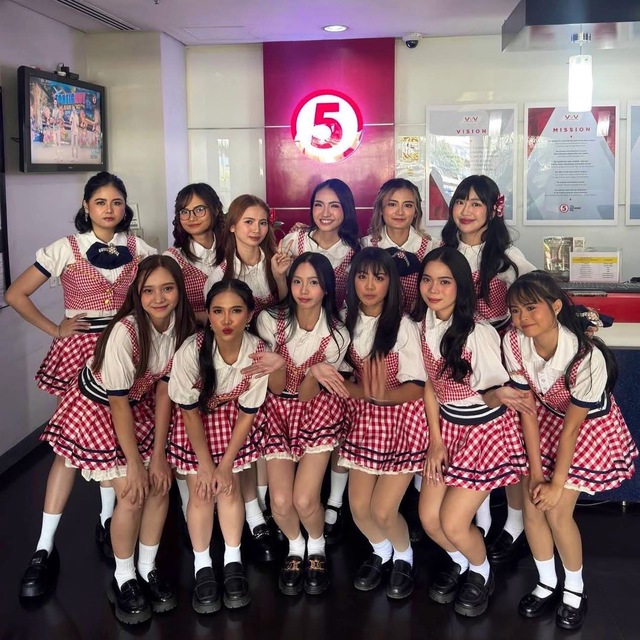
Fans defended the group, explaining that after nearly two years of inactivity, members naturally faced challenges with physical fitness and synchronization. Some pointed out that the hiatus had caused members to gain weight and loosen their discipline.
About MNL48: “Vocal Queens” In Decline
MNL48, named after the Philippine capital Manila, is the third international sister group of Japan’s AKB48, following JKT48 and BNK48. Launched with 48 original members, MNL48 pioneered the P-pop idol movement, laying the foundation for the local idol scene.
Often dubbed the “Vocal Queens” among AKB48’s sister groups, MNL48 members are praised for their natural singing abilities, stemming from the Philippines’ strong tradition of producing world-class vocalists like Morissette Amon, Sarah Geronimo, Lea Salonga, and Rachelle Ann Go.
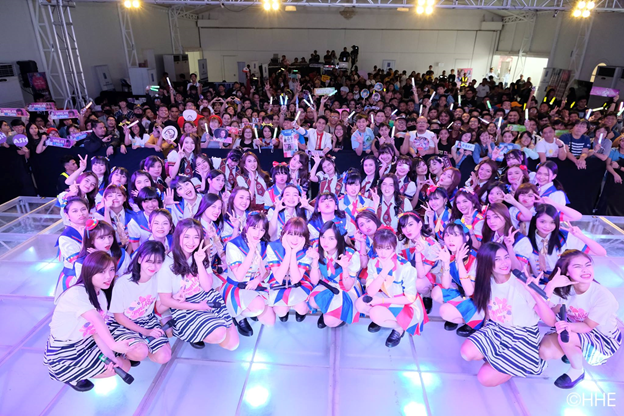
In recent years, the idol model popularized by AKB48 has shown signs of decline, especially as K-pop’s global influence has expanded. The “national girl group” of Japan, once capable of selling millions of copies with every release, now faces challenges maintaining relevance as fans seek fresher sounds and stronger performances from the rising K-pop wave.
